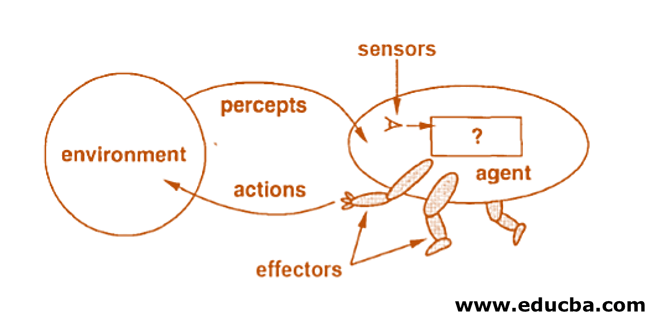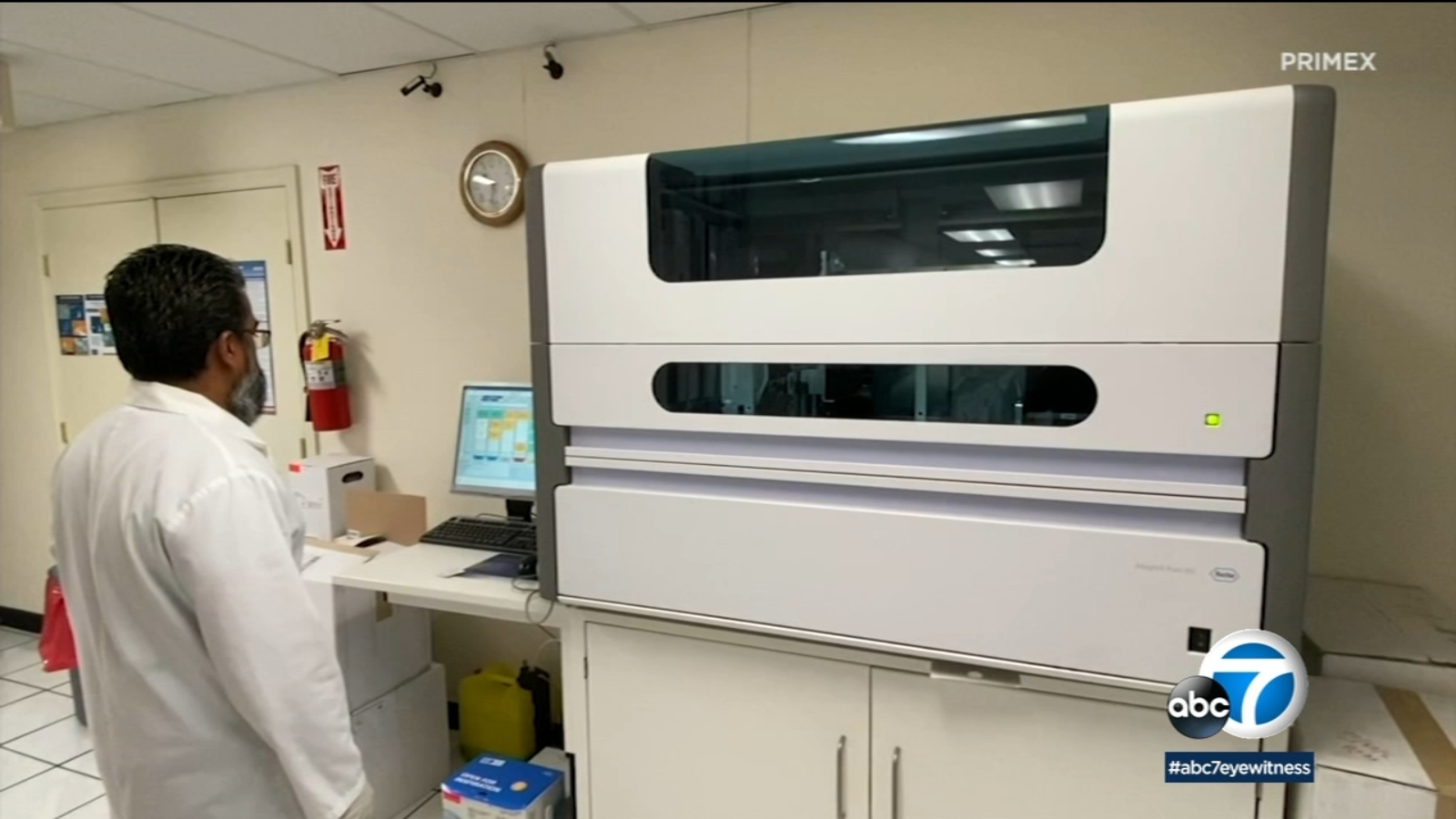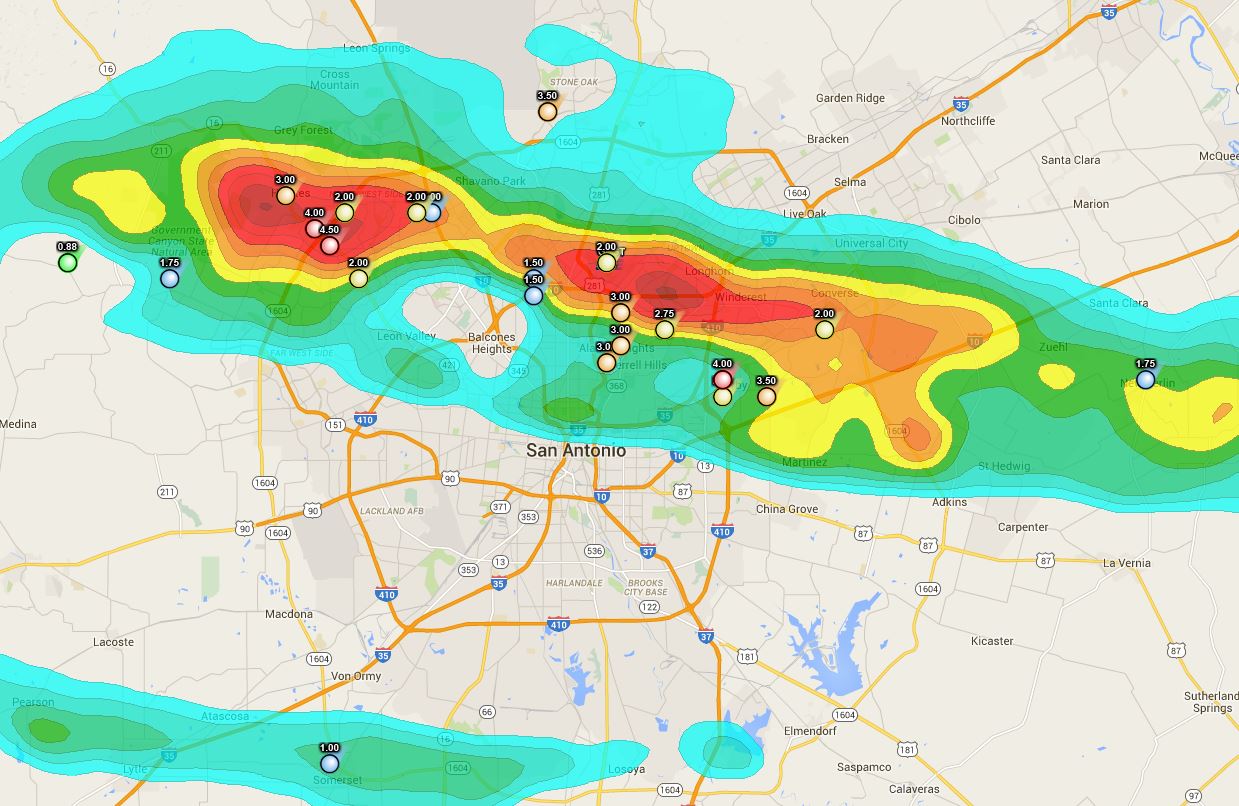Artificial Intelligence: Understanding Its True Capabilities And Limitations

Table of Contents
The Impressive Capabilities of Artificial Intelligence
AI's impact is undeniable, stemming from its remarkable capabilities across diverse fields. Let's examine some key areas where AI excels.
AI's Prowess in Data Processing and Analysis
AI's true power lies in its ability to process and analyze vast datasets with unparalleled speed and accuracy. This surpasses human capabilities significantly. This prowess is fueled by advanced AI algorithms, particularly machine learning and deep learning techniques. Consider these examples:
- Fraud Detection: AI algorithms analyze financial transactions, identifying patterns indicative of fraudulent activity far more efficiently than human analysts.
- Medical Diagnosis: AI assists doctors in analyzing medical images (X-rays, MRIs) to detect diseases like cancer at early stages, improving diagnostic accuracy and speed.
- Market Prediction: AI models analyze market trends and predict future price movements, assisting investors and businesses in making informed decisions. Big data analysis is critical in this field.
These applications demonstrate the transformative potential of AI algorithms in various sectors, utilizing data analysis and leveraging the power of machine learning and deep learning.
AI's Advancements in Automation and Efficiency
AI-powered automation is revolutionizing industries by streamlining processes and increasing efficiency. Repetitive tasks that once consumed significant human time and resources are now handled by AI systems. Examples include:
- Robotic Process Automation (RPA): Automates repetitive administrative tasks, freeing up human employees for more strategic work.
- Chatbots: Provide instant customer service, answering frequently asked questions and resolving simple issues 24/7.
- Self-driving cars: Promise to revolutionize transportation, increasing safety and efficiency while reducing traffic congestion.
These AI-powered automation solutions deliver efficiency gains across manufacturing, customer service, transportation, and many other sectors.
AI's Potential in Solving Complex Problems
Beyond automation, AI holds immense potential for tackling some of humanity's most pressing challenges. Its applications range from:
- Climate Change: AI models are used to predict climate patterns, optimize energy consumption, and develop sustainable solutions.
- Disease Outbreaks: AI aids in tracking disease spread, identifying potential outbreaks, and accelerating drug discovery.
- Resource Management: AI optimizes resource allocation, improving efficiency in areas like agriculture, water management, and logistics.
However, the deployment of AI in problem-solving necessitates careful consideration of ethical AI implications to ensure responsible use and avoid unintended consequences. AI's role in scientific research and discovery is also rapidly expanding.
The Limitations of Artificial Intelligence
Despite its impressive capabilities, Artificial Intelligence has significant limitations that must be acknowledged.
The Challenges of Bias and Fairness in AI
AI systems are trained on data, and if that data reflects existing societal biases, the AI will perpetuate and even amplify those biases. This can lead to unfair or discriminatory outcomes. Addressing this requires:
- Data Diversity: Ensuring the datasets used to train AI are representative of the population they will serve.
- Algorithmic Fairness: Developing algorithms that are designed to be fair and unbiased, minimizing discriminatory outcomes.
- Mitigation Strategies: Implementing techniques to detect and mitigate bias in AI systems.
The issue of AI bias is a critical ethical consideration that requires ongoing research and development.
The Lack of Creativity and Common Sense Reasoning in AI
Current AI systems, while powerful, often lack the creativity and common sense reasoning that humans possess. This is a significant limitation. Programming these qualities into AI remains a major challenge. AI struggles with:
- Contextual Understanding: Understanding nuanced situations and adapting responses accordingly.
- Creative Problem Solving: Generating truly novel solutions that require intuition and imagination.
This highlights the fundamental differences between artificial and human intelligence.
The Dependence on Data and Computational Power
AI systems heavily rely on large amounts of data for training and optimal performance. This presents several challenges:
- Data Dependency: The quality and quantity of data significantly impact AI's accuracy and reliability.
- Computational Power: Training sophisticated AI models requires immense computational power, resulting in high energy consumption.
- Data Privacy and Security: The collection and use of vast datasets raise concerns about individual privacy and data security.
A Balanced Perspective on Artificial Intelligence
Artificial Intelligence offers extraordinary potential for progress, demonstrated by its prowess in data analysis, automation, and problem-solving. However, understanding its limitations, including bias, lack of common sense reasoning, and data dependency, is crucial for responsible development and deployment. The ongoing evolution of AI necessitates continuous learning and adaptation. To delve deeper into the fascinating world of Artificial Intelligence and its transformative potential, explore [link to related resource].

Featured Posts
-
 Akeso Stock Plummets Following Negative Cancer Drug Trial Data
Apr 29, 2025
Akeso Stock Plummets Following Negative Cancer Drug Trial Data
Apr 29, 2025 -
 Us Pressure On Hungarys China Relations A Standoff
Apr 29, 2025
Us Pressure On Hungarys China Relations A Standoff
Apr 29, 2025 -
 Pandemic Fraud Lab Owners Guilty Plea On False Covid Tests
Apr 29, 2025
Pandemic Fraud Lab Owners Guilty Plea On False Covid Tests
Apr 29, 2025 -
 20 000 Protest For Trans Rights A Show Of Solidarity
Apr 29, 2025
20 000 Protest For Trans Rights A Show Of Solidarity
Apr 29, 2025 -
 Minnesota Snow Plow Name Winners Announced
Apr 29, 2025
Minnesota Snow Plow Name Winners Announced
Apr 29, 2025
Latest Posts
-
 Summers Surprise Hailstorms And Their Effects On Property
May 12, 2025
Summers Surprise Hailstorms And Their Effects On Property
May 12, 2025 -
 Assessing The Damage Hailstorms And The Impact On Outdoor Spaces
May 12, 2025
Assessing The Damage Hailstorms And The Impact On Outdoor Spaces
May 12, 2025 -
 Ai Digest Efficiently Converting Repetitive Documents Into Informative Poop Podcasts
May 12, 2025
Ai Digest Efficiently Converting Repetitive Documents Into Informative Poop Podcasts
May 12, 2025 -
 The Impact Of Summer Hailstorms On Residential Landscapes
May 12, 2025
The Impact Of Summer Hailstorms On Residential Landscapes
May 12, 2025 -
 Preparing For Summer Hail Protecting Pools And Gardens
May 12, 2025
Preparing For Summer Hail Protecting Pools And Gardens
May 12, 2025
